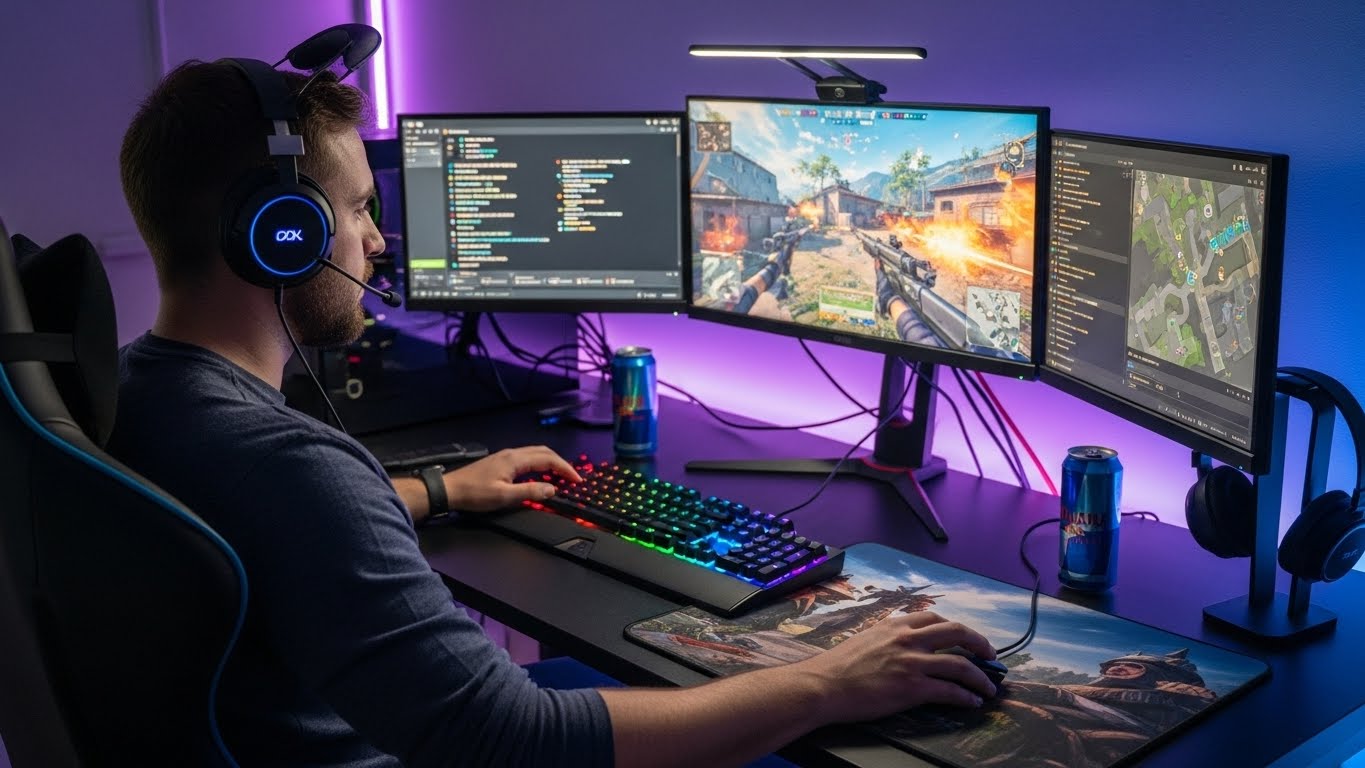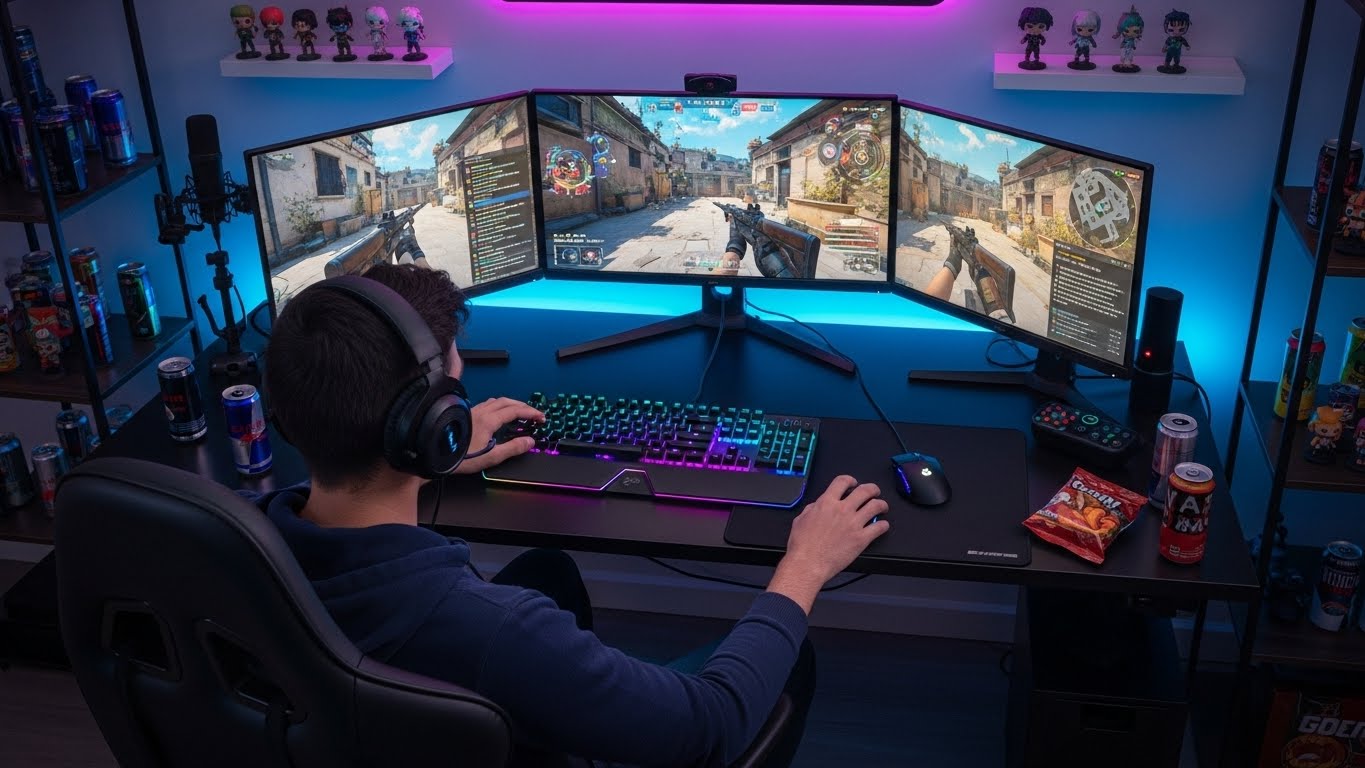The Evolution of Gaming
Gaming has come a long way from simple pixelated consoles to fully immersive digital worlds. What started as a form of casual entertainment has grown into a global phenomenon, attracting millions of players worldwide. Today, gaming is not only about fun—it is a platform for competition, creativity, and social interaction that spans across cultures and generations.
Different Types of Games
The gaming universe is vast and varied. Action-packed shooters, strategy games, role-playing adventures, sports simulations, and puzzle games cater to different interests and skill levels. Casual gamers enjoy light, engaging games on their phones, while competitive players participate in tournaments and esports events. Each genre challenges players in unique ways, promoting critical thinking, reflexes, and strategic planning.
Gaming as a Community
One of the most remarkable aspects of gaming is its ability to bring people together. Multiplayer games connect players across the globe, encouraging teamwork, communication, and collaboration. Online communities and streaming platforms allow gamers to share experiences, learn from each other, and celebrate achievements. This sense of community creates friendships and bonds that extend far beyond the screen.
Skills and Benefits of Gaming
Gaming develops a variety of skills that go beyond entertainment. Strategy games improve problem-solving abilities and analytical thinking. Fast-paced games enhance reflexes, coordination, and focus. Multiplayer and team-based games teach leadership, communication, and teamwork. Creative games allow players to design characters, build worlds, and explore storytelling, encouraging imagination and innovation.
Technology Driving Gaming Forward
Technology plays a crucial role in shaping the gaming experience. Advanced graphics, virtual reality, augmented reality, and AI-driven gameplay make games more immersive and realistic than ever. Cloud gaming and streaming services allow players to access games without high-end hardware, making gaming more accessible. Technology continues to push the boundaries of what games can offer in terms of engagement and experience.
Challenges in Gaming
Despite its many benefits, gaming comes with challenges. Excessive gaming can affect physical and mental health, leading to eye strain, poor posture, and sleep problems. Online communities sometimes face toxicity or harassment, which can impact players’ experiences. Balancing gaming with other aspects of life is essential for maintaining its positive impact.
The Future of Gaming
The future of gaming promises even greater innovation. Virtual reality and augmented reality will create fully immersive experiences, while advancements in artificial intelligence will make games more adaptive and challenging. Competitive gaming and esports will continue to grow, offering professional opportunities for skilled players. Gaming will remain a medium where entertainment, creativity, and social connection meet.
Conclusion
Gaming is far more than a hobby—it is a cultural phenomenon that inspires creativity, builds skills, and connects people worldwide. From casual play to professional esports, it offers opportunities for growth, learning, and social engagement. As technology continues to evolve, gaming will remain an exciting, dynamic space where players can explore, compete, and enjoy endless possibilities.



